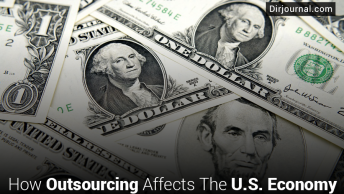Credit card debt management refers to the process of effectively managing your credit card debts in order to avoid difficult financial situations.
According to a recent survey most Americans have between five to ten credit cards even though this number has been reported to touch up to fifty. Consequently, most of them have to face a financial crisis (or worse a bankruptcy) at one point or another in their life. Although there is no denying the fact that credit cards make life easier and offer you the freedom to buy what you want even when you are in a liquidity crunch, they can tarnish your financial position if used unwisely. Thus, it is essential to have a credible credit card debt management process in place before you apply for credit cards and start making purchases left, right and center. Most of us are satisfied with making minimum monthly payments on our credit cards without giving a moment’s thought to the ever increasing interest and principal.
Strategies for Effective Management of Credit Card Debt
Following are some of some strategies that can be employed for effective management of one’s credit card debts:
1. Always Make Minimum Payments on All Your Credit Cards – Experts stress the importance of making minimum payments on all your credit cards irrespective of your financial situation. This is because the effective interest rate applicable to your credit card is increased every time you are late and you may also be charged a late fee. Every single one of your late payments is reported to the credit bureaus and will negatively impact your credit score.
2. Make Payments on Delinquent Accounts a Priority – Always treat making payments on delinquent accounts a priority. All your extra cash should be utilized to getting current on your delinquent accounts. This is because along with damaging your credit score delinquent accounts lead to late fees and ever increasing interest rates.
3. Bring Over Limit Accounts below the Critical Mark – Along with adding over limit fees to your credit card payments, current and potential creditors are warned each time you go over your credit card limit. Thus, bringing your over limit accounts below the critical mark should have high priority and all your extra cash should be contributed towards this purpose.
4. Lower High Balances – Try to keep your credit balances as close to zero as possible especially in case of balance that is close to the credit limit since high credit balances have a negative impact on your credit rating and increase your credit utilization. A low balance implies that you use your credit limit wisely and will reflect positively in your credit score.
5. Prioritize Your Credit Card Payments with respect to Interest Rates – Prioritizing your credit card payments with respect to interest rates is one of the most commonly used strategies for effective management of credit card debt. Pay off the credit card with the highest interest rates as soon as possible. It may also be a good idea to rationalize the number of credit cards you have to ensure that you do not spend more than you can pay.













